Njuguna Gitau: The Independence Photographer
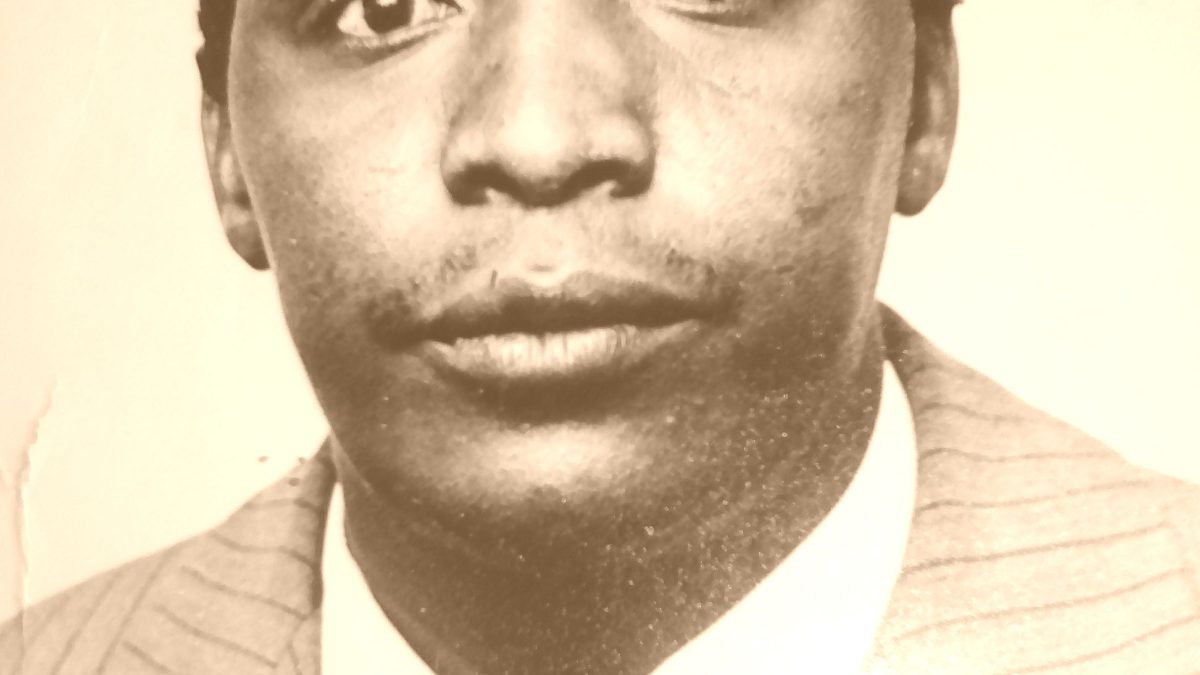
Njuguna Gitau Portrait. Image credit: Gitts International Ltd
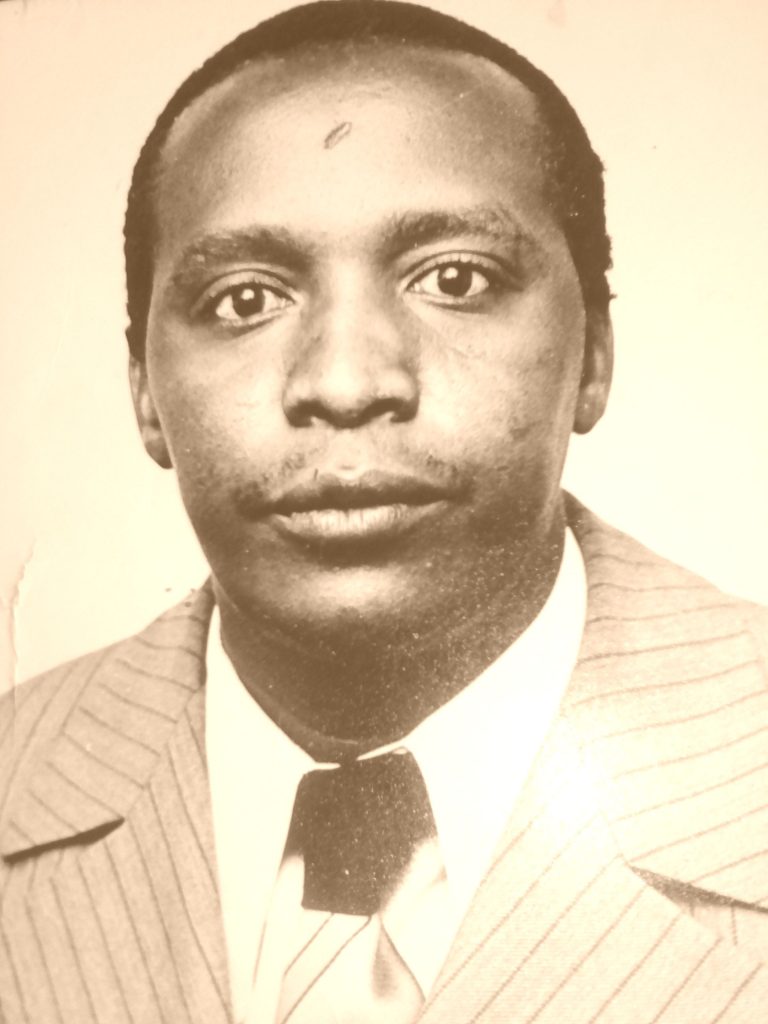
Njuguna Gitau Portrait. Image credit: Gitts International Ltd
Pencil and paper were Njuguna Gitau’s closest allies when he was growing up in the 1940s. Whatever made up his immediate surrounding, Njuguna tasked himself with drawing it. His first sketches while studying at Kiahiti Independent School consisted of cows, desks, chairs and trees, but as he grew older, he began to take on more challenging subjects including the people around him.
As the struggle for independence intensified, many bystanders got caught up in the war between the colonial government and freedom fighters. Njuguna was in class seven when Kiahiti Independent School – newly upgraded to Karura High School – was shut down and completely torn down for allegedly harbouring Mau Mau militants. With school no longer in session, this budding sketch artist decided to leave his hometown of Murang’a for Nairobi, hoping to find his way in the land of opportunity.
Upon his arrival, Njuguna befriended newspaper vendors, who sold his artwork as they sold the days’ papers. His sketches became extremely popular and within no time, the BBC caught wind of his talents and contacted him for a job opportunity. Remembering the aftermath of the war on his village and the role of the British in this destruction, Njuguna turned down the offer to work for a British-owned corporation. But his vendor friends had seen his potential and were not about to let him squander the opportunity. They insisted that he listen to the proposition and even arranged for a sit-down without his knowledge. This was how a few weeks later, Njuguna Gitau found himself aboard a plane to Britain to train in fine art, still photography and cinematography while working for the broadcasting corporation.
He returned to Kenya in 1958 a well-trained seasoned photographer who travelled to different countries to cover international events. Njuguna’s calling had evolved from capturing the world as he saw it in his mind’s eye to capturing it as it appeared in front of his view finder. His time behind the lens had made him gain a deep appreciation for this art and he was proud to capture profound historical moments including the release trials of the Kapenguria Six, as well as another event that was of great significance for the entire nation.
A few days before Kenya was set to celebrate her independence, Njuguna was tasked with documenting the flag-planting on Mount Kenya. Together with mountaineer Kisoi Munyao, he set off from Nairobi to the mountain base at Naro Moru where the climb began. Trekking in such high altitudes was daunting enough but having to carry heavy camera equipment on the upward scale was even more exacting. The hike was slow and the environment harsh, but the two persevered to Point Lenana. Here Njuguna positioned himself behind the camera and snapped a photo of Kisoi setting the Kenyan flag firmly in place as it waved furiously in the cold winds as though ushering in a breath of fresh air to the country. This image, taken on 12th December 1963, is synonymous with our independence, and this date lives on in the Kenyan calendar as Jamhuri Day.
Njuguna remained with the BBC until August 1964 when he joined the Voice of Kenya. Here his videography career continued to blossom. In 1966, when the Presidential Press Unit was established, Njuguna’s outstanding work earned him a spot as the first member of this detail. He spent the rest of his career doing what he loved, until 1988 when he retired from office. For his years of service, Njuguna Gitau was honoured with a Lifetime Achievement Award during the third edition of the Kenya International Film Festival in 2008.
Shukran Bwana Gitau for using your skill to capture moments of time that remind us of our Kenyan journey. Your hummingbird spirit makes you a celebrated national hero and one of our #PaukwaPeople!
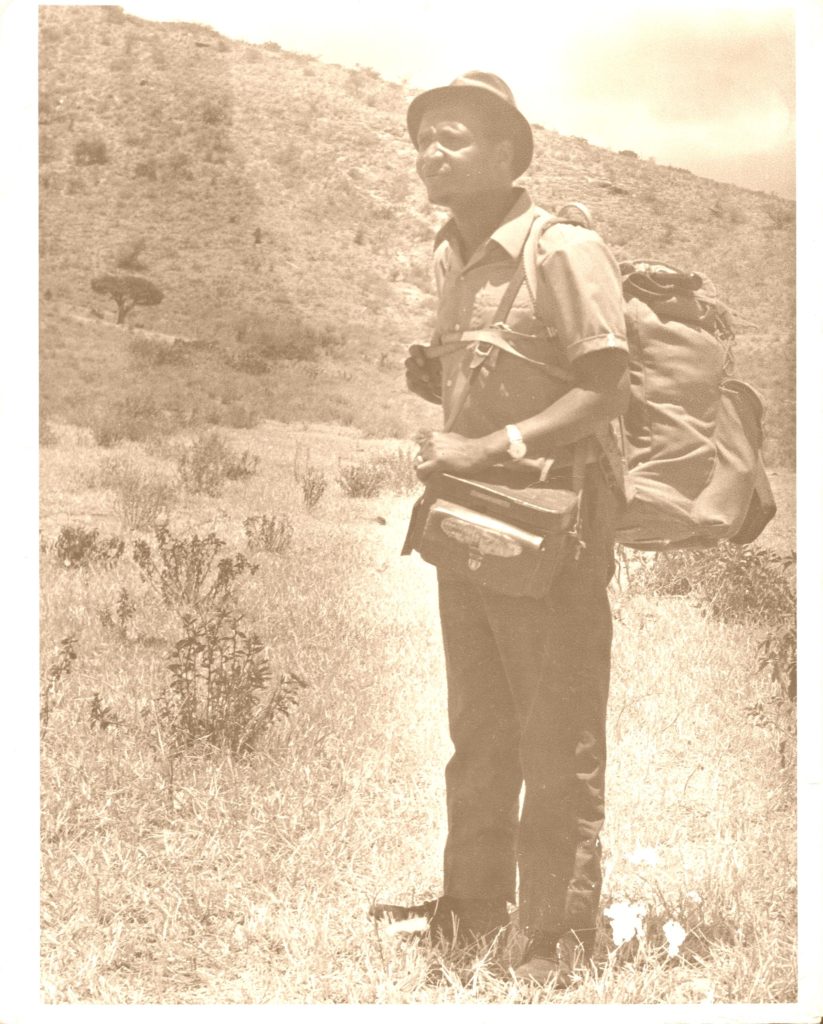
Njuguna Gitau Shooting in Kenya. Image credit: Gitts International Ltd

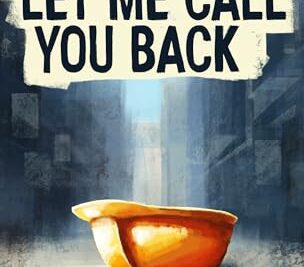
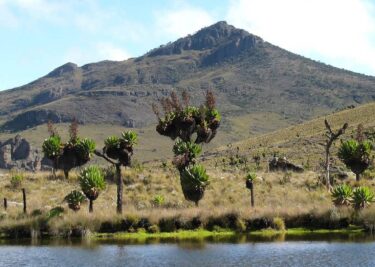
9 Comments
Proud of my father in-love. Thank you Paukwa for your recognition.
Thank you for reading the story
Great Kenyan let flag keep on flying
Excellent profile of one of the most important chroniclers of our national story and thanks to his daughter for the photo credits and to the Paukwa author for the piece.
Thank you Jess.
This was an interesting piece. Unspoken heroes of Kenya
Asante Charlene.
I see where my friend Cathy got her courage, wit and patriotic spirit from. Long live baba
Awesome read. Good to know about the individual who captured this precious historical moments that can now be shared with future generations.